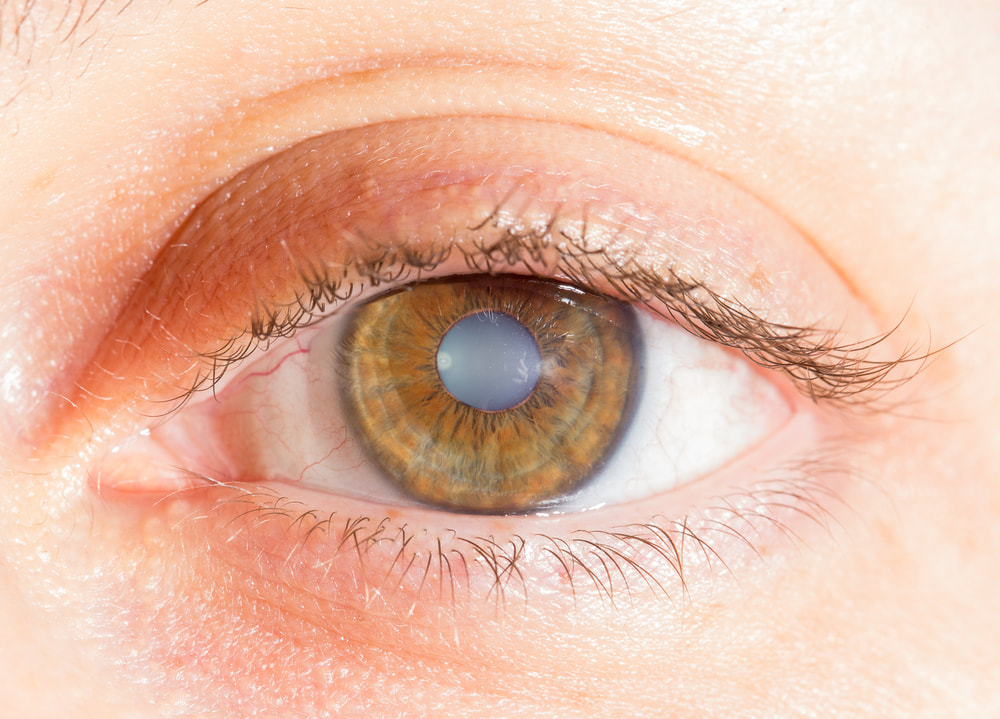The extent of vision loss in the United StatesVision loss may lead to low or reduced vision or complete blindness. According to the Health Policy Institute at Georgetown University, about 20 million people in the United States have visual impairments. Medical costs related to visual impairments are over 40 billion dollars annually. The leading causes of vision lossIn the United States, there are several leading causes of vision loss, including diabetic retinopathy, age-related macular degeneration, glaucoma, and cataracts. CataractsCataracts are one of the top causes of vision loss in older adults. Cataracts develop when the proteins in the lens of the eye breakdown. This deterioration of the lens causes cloudy vision. Symptoms include:
According to the American Academy of Ophthalmology, surgery is the only effective treatment of cataracts. GlaucomaGlaucoma is also a top cause of vision loss. According to the Centers for Disease Control and Prevention, glaucoma is the second most common cause of vision loss worldwide. There are different forms of glaucoma, but most often, the condition occurs when the fluid in the eye does not drain as it should, increasing eye pressure. This increased pressure damages the optic nerve. This form of glaucoma does not have symptoms or warning signs in the early stages, so regular eye exams are important for early detection. Symptoms of glaucoma include:
Treatment for glaucoma may include eye drops, medication, or laser procedures to promote fluid drainage. Age-related macular degenerationAge-related macular degeneration is an eye disease that damages the macula. The macula is the part of the retina that plays a vital role in central vision. We need central vision to do everyday activities like reading and driving. The Centers for Disease Control and Prevention estimates that almost 20 million people in the United States have macular degeneration. The symptoms of macular degeneration include:
Treatment for age-related macular degeneration includes AREDS vitamins to help slow the disease. Diabetic retinopathyDiabetic retinopathy involves damage to the retina in the eye due to high blood sugar levels. Continued high blood sugar levels can damage the blood vessels in the retina. Over time, it can lead to vision loss.
Diabetic retinopathy can develop with either type 1 or type 2 diabetes. According to Harvard Medical School, in the United States, about 30 million people have diabetes. Of those, about 7.7 million have diabetic retinopathy. Symptoms may include:
Treatment for diabetic retinopathy includes developing good diabetes management and blood sugar control. Additional treatment possibly includes laser procedures to stop the growth of new abnormal blood vessels in the retina. The more you learn about vision loss, the better prepared you can be to take steps to reduce your risk of problems and keep your vision healthy. If you would like to ask whether an appointment with one of our eye doctors would be appropriate at this time, call our office at 508-746-8600. Comments are closed.
|
EYE HEALTH BLOGCategories
All
Archives
July 2024
|
|
Kadrmas Eye Care New England
55 Commerce Way, Plymouth, MA 02360
14 Tobey Road, Wareham, MA 02571 133 Falmouth Road (Rt 28), Mashpee, MA 02649 |
Phone Number:
1-508-746-8600 Hours: Monday through Friday — 8 AM – 4:30 PM |


 RSS Feed
RSS Feed
